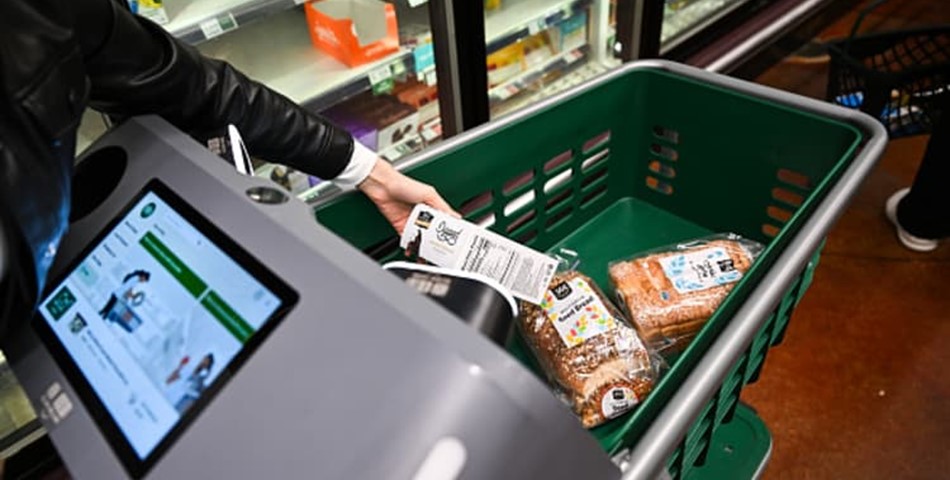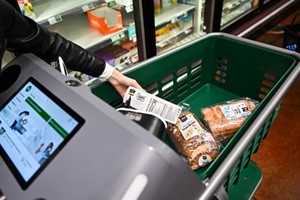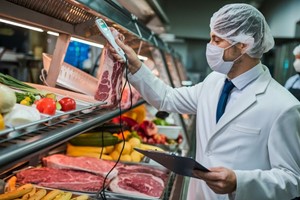AI isn’t just a hyped innovation in the tech sector; the food industry is also investing heavily in the red-hot trend.
Americans heading to the grocery store or their favorite fast-food restaurant will already have noticed the introduction of the new technology in such services as self-checkout kiosks and even AI ordering in drive-thru lanes.
While U.S. consumers facing continued food inflation hunt for deals and shift their spending habits accordingly, the food industry is working to stay competitive by investing in artificial intelligence to help curb high labor operating costs and reduce prices on some items.
For example, fast-food chains like McDonald’s, Taco Bell and Wendy’s have reintroduced value menus. And big-box retailers Walmart and Target have lowered the price of certain grocery goods.
“It’s very difficult in this environment to engineer great profits, great sales and to keep customers satisfied,” said Neil Saunders, GlobalData’s managing director and retail analyst. “It’s a very difficult equation to balance. And I think until the economy is on a different footing, it’s not going to be balanced completely. That’s the reality of it.“
Amid this tough economic backdrop, McDonald’s announced its plan this year to spend $2 billion into employing AI and robots into restaurant and drive-thrus. And in 2022, grocery stores spent $13 billion on tech automations, according to research by FMI, The Food Industry Association. FMI expects spending on innovations like smart carts and revamped self-checkout aisles to soar 400% through 2025.
“We see a lot of upside over the next several years, with AI and technology being able to enhance customer experience while making the team members’ jobs a lot easier, ” said Joe Park, Yum Brands’ chief digital and technology officer.














